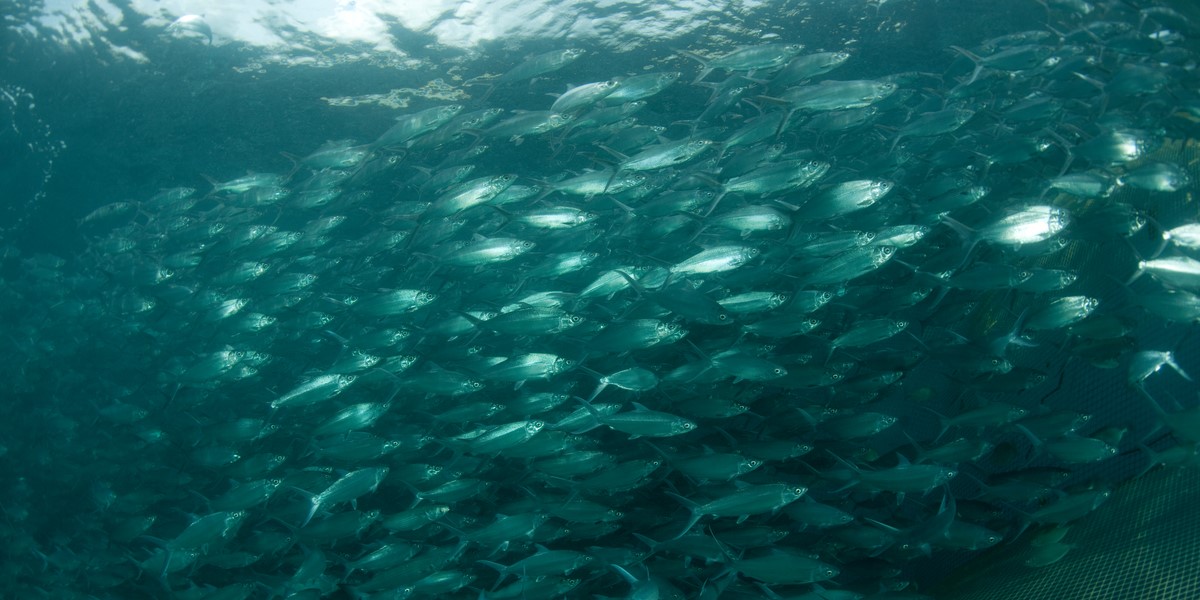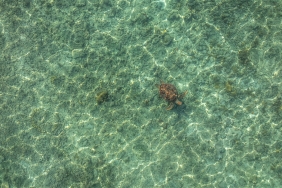IMPROVING INDONESIA'S REEF FISHERIES WITH A RISK-BASED FRAMEWORK
By Achmad Mustofa
Based on the results of the initial Marine Stewardship Council (MSC) assessment from December 2009 to June 2010 of Indonesia's reef fisheries (grouper, snapper, lencam, and sweetlip) caught using longline, bottom longline, and tonda; Indonesia still needs a lot of improvement in its fisheries.
WWF-Indonesia implemented the Risk Based Framework using the Scale Intensity Consequence Analysis (SICA) and Productivity and Susceptibility Analysis (PSA) methods in accordance with the requirements of the MSC. Meanwhile, to get an overview of the coral fisheries ecosystem, an Ecopath study was conducted at the Togean and Selayar locations. Ecopath itself is a tool used to facilitate researchers in determining the modeling of an ecosystem.
The activity has been carried out in five sampling sites in Indonesia, namely Tolitoli, Banggai Laut, Togean, Selayar Islands, and Kei Islands. The field assessment was conducted using the SICA, PSA and Ecopath methods. The follow-up activity was a workshop to clarify the results of the field assessment and later obtain management recommendations for each fishing gear and also the results of the Ecopath model.
seasonal closure), Prohibition of fishing at fish spawning locations (spatial closure), prohibition of the use of net fishing gear, prohibition of the use of hooks with numbers above 7 (8, 9, 10, etc.), prohibition of the use of destructive fishing methods (bombs, trawlers, and potassium). Recommendations vary according to the condition of the fishery and the impact on each location.
While Ecopath shows the relationship between the target species and other species in the same ecosystem. The team explains the consequences that will occur if one parameter in the ecosystem is disturbed, but also mentions what causes it.





